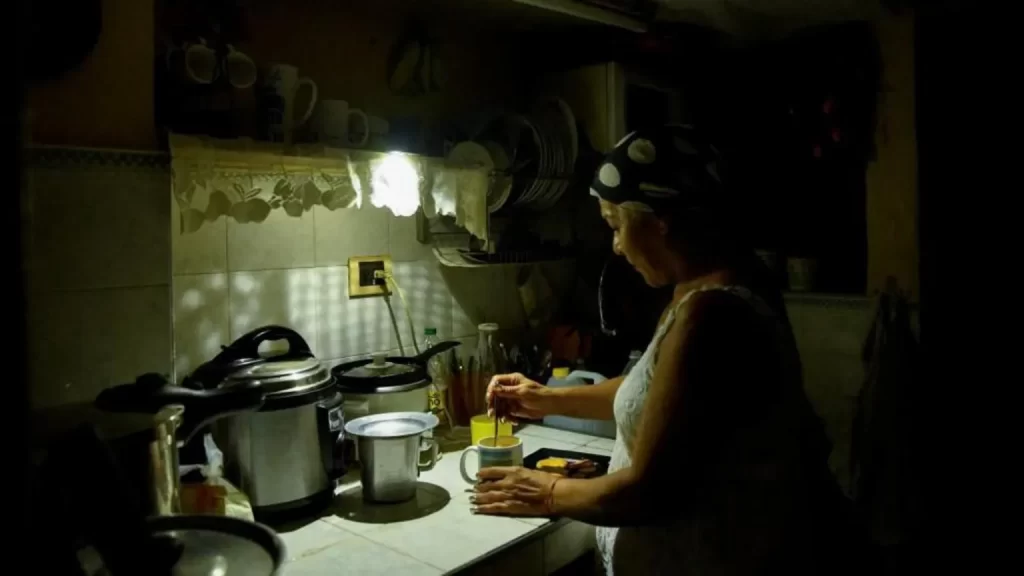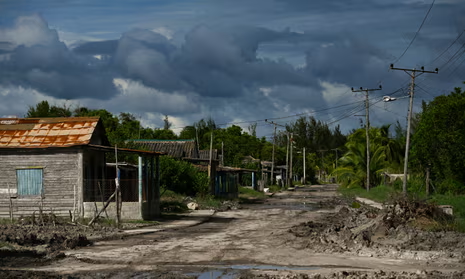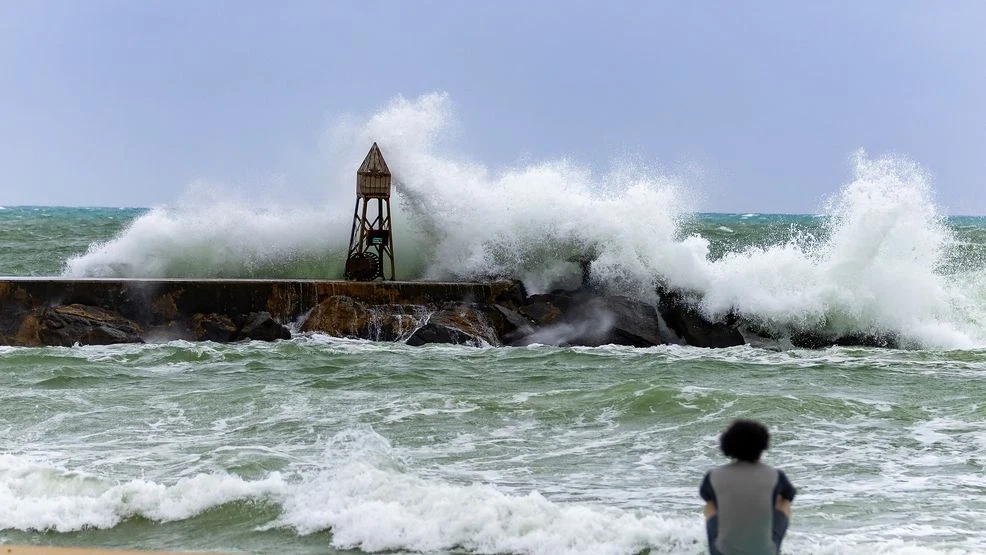Cuba plunged into total darkness Wednesday evening as Hurricane Rafael slammed into the island nation with winds reaching 185km/h (115mph), triggering a complete collapse of the national power grid.

The category-three storm made landfall in western Artemisa province near Havana at 16:15 local time (21:15 GMT), prompting the evacuation of 70,000 people. Cuba’s national energy company reported that “strong winds caused by the major hurricane Rafael caused the shutdown of the national electricity system.”
The catastrophic power failure comes mere weeks after a previous nationwide blackout that left millions without electricity for four days during Hurricane Oscar, which claimed six lives. That earlier outage exposed the fragility of Cuba’s aging energy infrastructure and was exacerbated by maintenance issues and fuel shortages.

The U.S. National Hurricane Center warned of life-threatening conditions across western Cuba through Thursday, including dangerous storm surges, flash flooding, and mudslides. While Rafael is expected to weaken as it crosses the island, forecasters predict it will retain hurricane strength when it enters the Gulf of Mexico.

The storm’s impact extends beyond Cuba, with heavy rains predicted for the Cayman Islands and tropical storm warnings issued for the Florida Keys. The eastern province of Guantánamo, still recovering from Hurricane Oscar’s destruction of more than 1,000 homes, faces renewed threats from the powerful system.
British tourist Klara Kszczotek, speaking from Havana, expressed measured concern about the hurricane’s impact. “I guess we are not really scared, because we are watching the news and so on, so for now I think we are fine,” she said.
bbc.com



